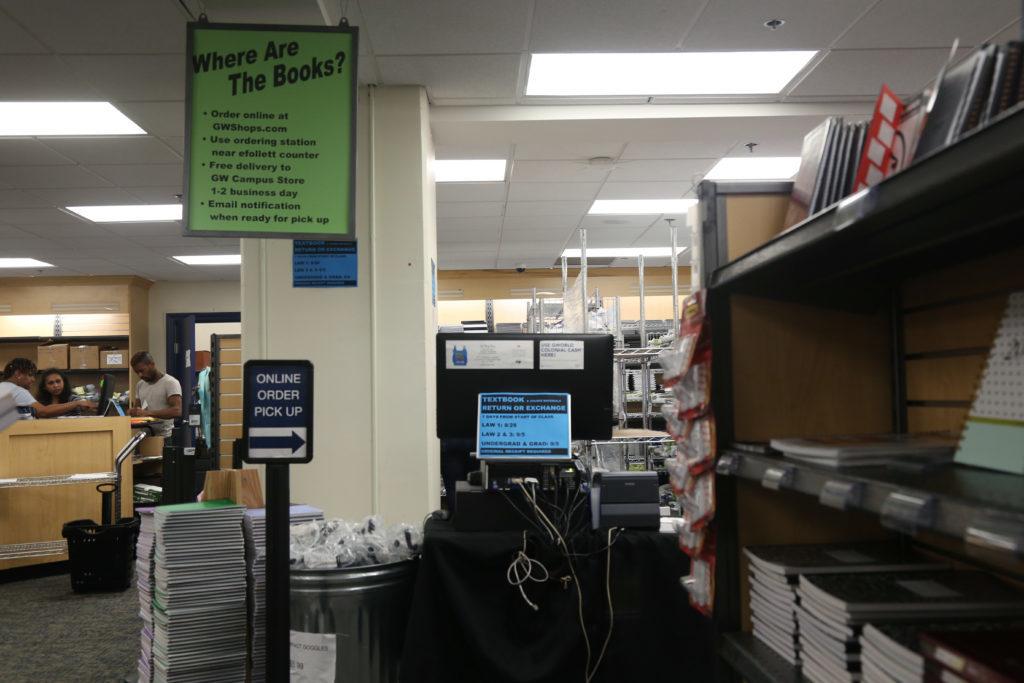Along with the excitement of senior year comes the stress of thinking about what comes next. Every crop of seniors looks forward to celebrating with friends and embracing the final months of college, but then they’re forced to think about what comes after the party ends.
Embarking on your professional life can be daunting. To get prepared and ease that anxiety, here are some tips on how get a head start on the job search.
Put your best foot forward
The fall semester of senior year is the perfect time to polish up your resume, portfolio and any other materials you’ll be using to apply for jobs in the coming months.
Lauren Laitin, the founder of the career coaching firm Parachute Coaching, said taking the time to perfect your resume and cover letter now will pay off when you’re closer to graduation and the perfect job pops up, but it has a fast approaching deadline.
“The more you can be prepared and the more time you can take to prepare your resume and your cover letter – the better off you’re going to be,” she said.
Take some time to be sure your resume is cut down to one page, and have a few friends or mentors look it over. The fall semester, before things get too hectic, can also be an ideal time to reflect on projects and writing you’ve done in the past to compile a portfolio or writing sample, should a job you’re applying to require that.
Go directly to the source
Contact people who know the path to securing your dream job because they currently occupy the role. The most valuable advice comes from sitting down with someone who is where you want to be in a few years. GW has a massive alumni network of people around the world in all industries, so use LinkedIn to find alumni who work in the industry that most interests you. Then you can message them through LinkedIn or use Hunter, an application that pulls email addresses from online sources, to shoot them an email and ask to grab a cup of coffee.
Laitin, who graduated with a Master’s in Public Administration from GW in 2004, said students in D.C. have a “hotbed” of industries with numerous people to talk to and learn from.
If you write these career dynamos a polite note and explain how grateful you’d be for their advice, chances are they’ll accept. Before you have these conversations, prepare questions and do research to make sure you make the most of your time and theirs. Sealing the deal with a thank you email will ensure you leave them with a good first impression.
Use your alumni friends
During the past three years in Foggy Bottom, you likely made friends outside your graduating class. The beginning of senior year is the perfect time to tap the network you’ve already established. You may not have even considered these people connections, but that girl you were lab partners with sophomore year who scored a job at Google or the guy you shared notes with in class who is now thriving on Wall Street will make for solid connections.
Depending on how well you knew them, you may be able to get away with sending a quick text or Facebook message asking to meet up but otherwise, you’ll want to email them. Because they’re younger than most professionals, they’ll be less intimidating to talk to than the manager with a corner office and will be able to give you timely tips on how to slide your resume to the top of the pile.
Get to work to get more work
If you haven’t already, senior year is the perfect time to test drive the career you hope to have with an internship. After three years of college under your belt, and all the learning and experience that comes with it, you’ll have a great chance of getting an internship that looks a lot like your ideal job.
Laitin added that learning what you like, don’t like and getting experience from working at internships is invaluable and “game-changing.”
Especially for seniors who will be part of the job market in less than a year, an internship gives you a valuable foot in the door that could lead to a full-time job. Once you’re at that company of your dreams, don’t be afraid to stay late, ask to take on larger projects and go the extra mile to prove that you’re needed there. If the company doesn’t want to let you go at the end, you might score a job offer before you finish senior year.
Matt Dynes contributed reporting.





